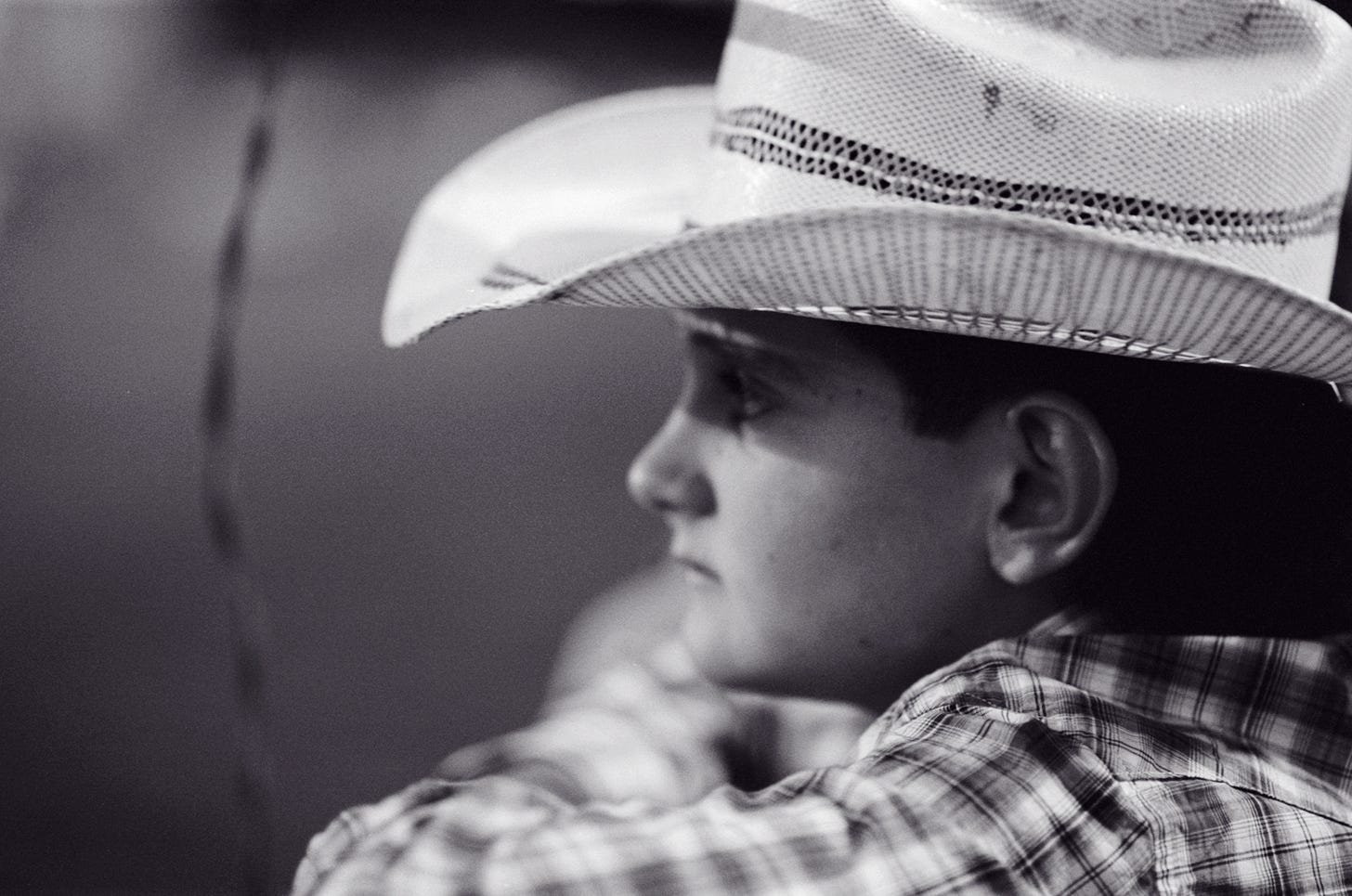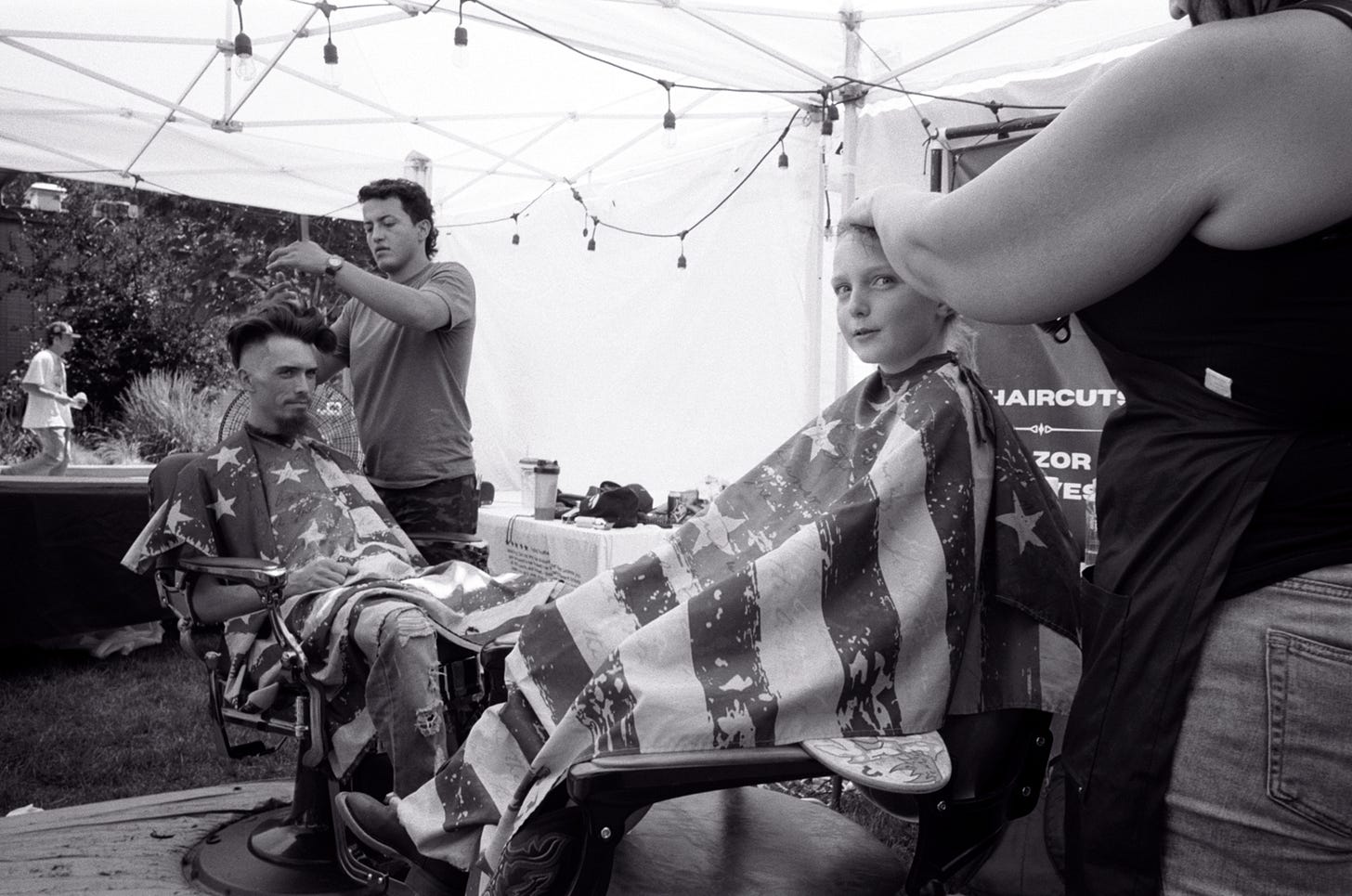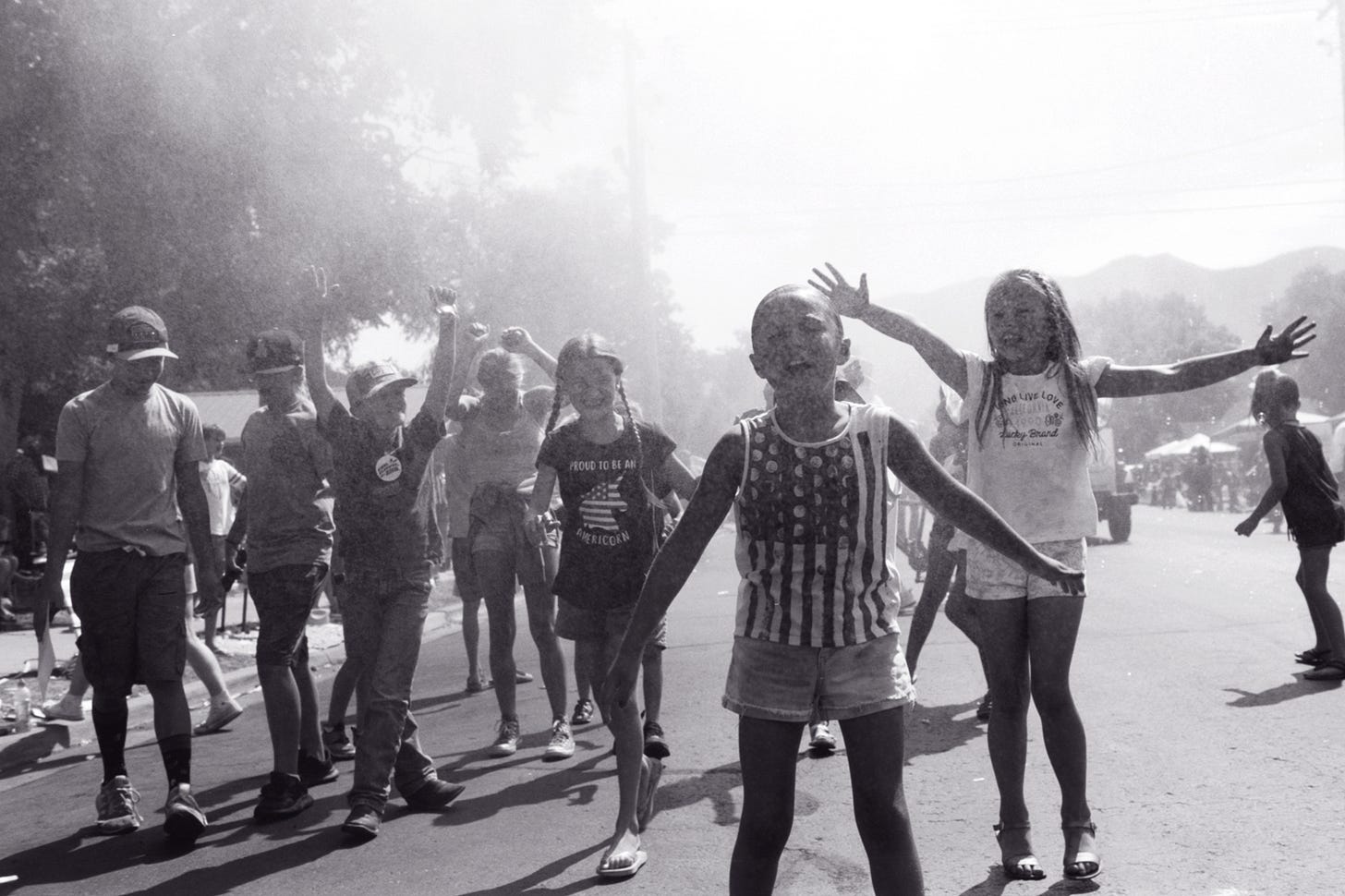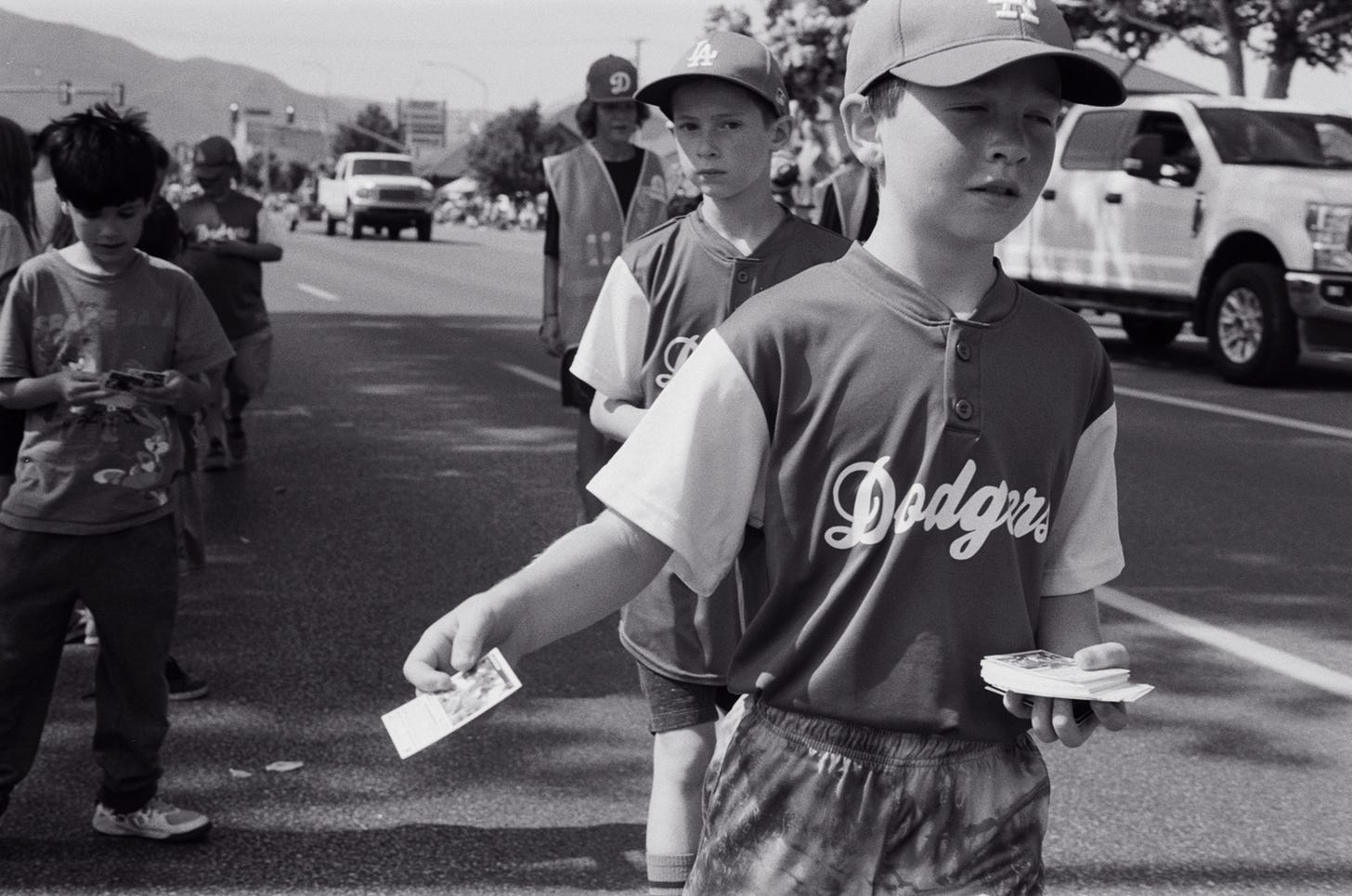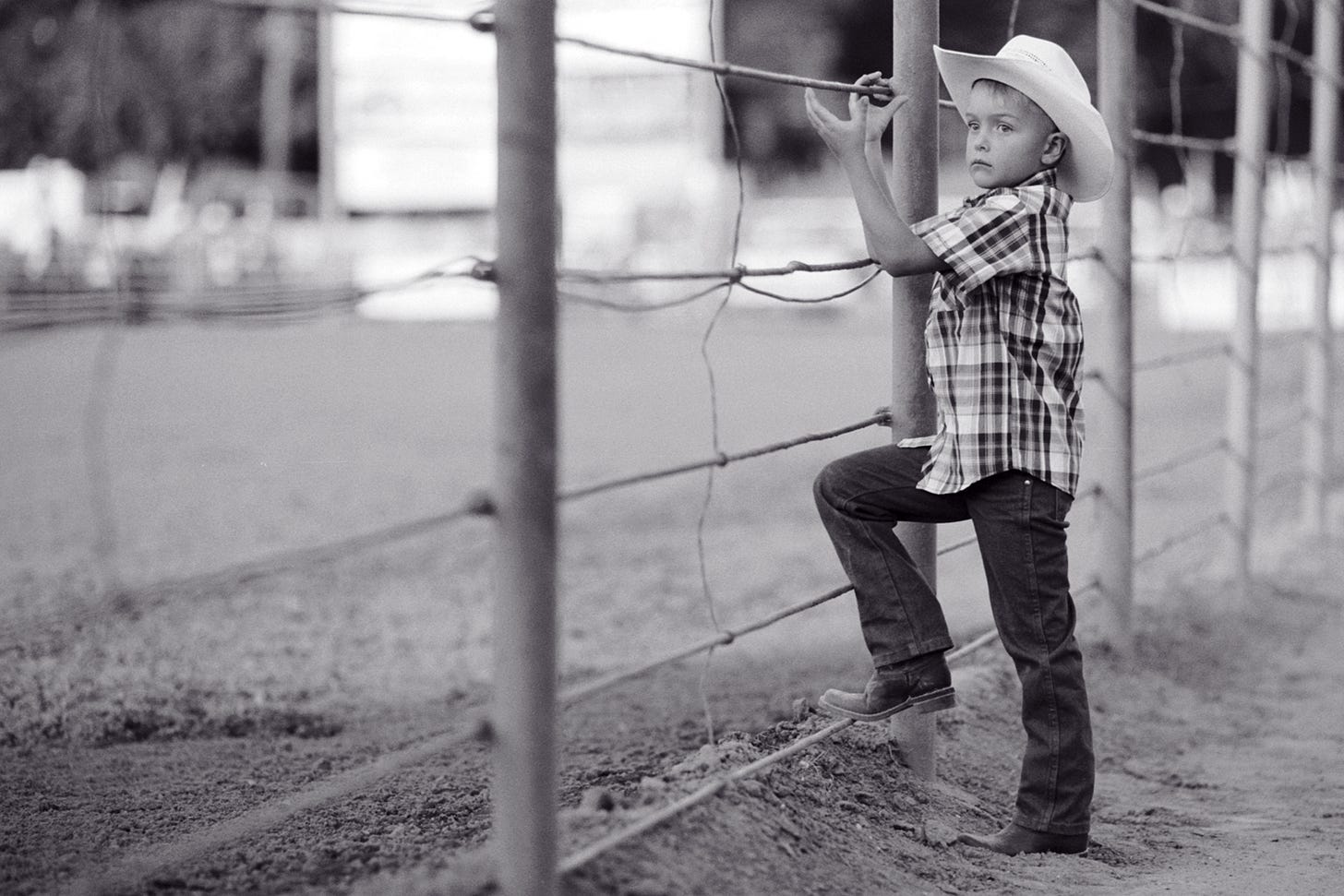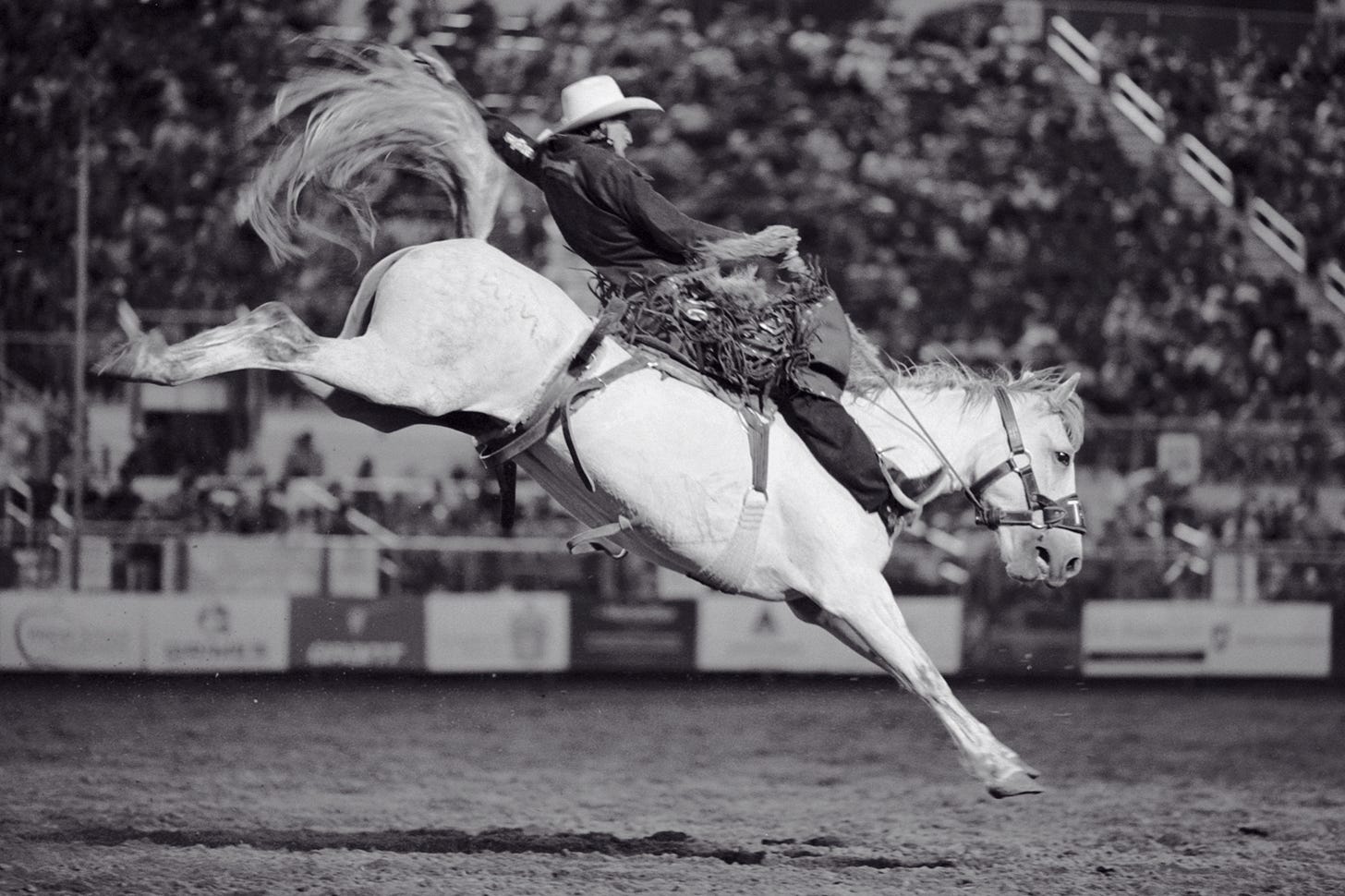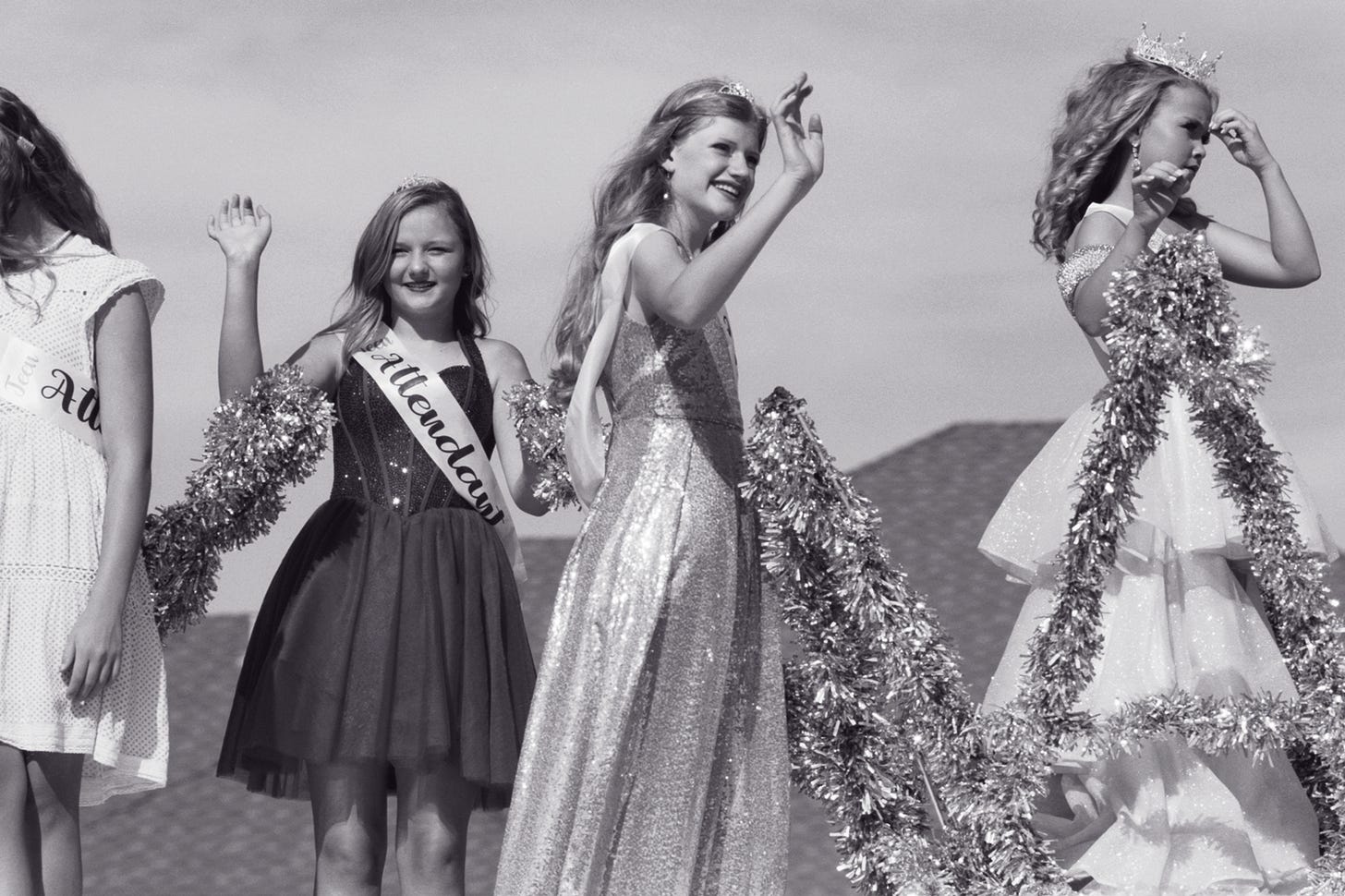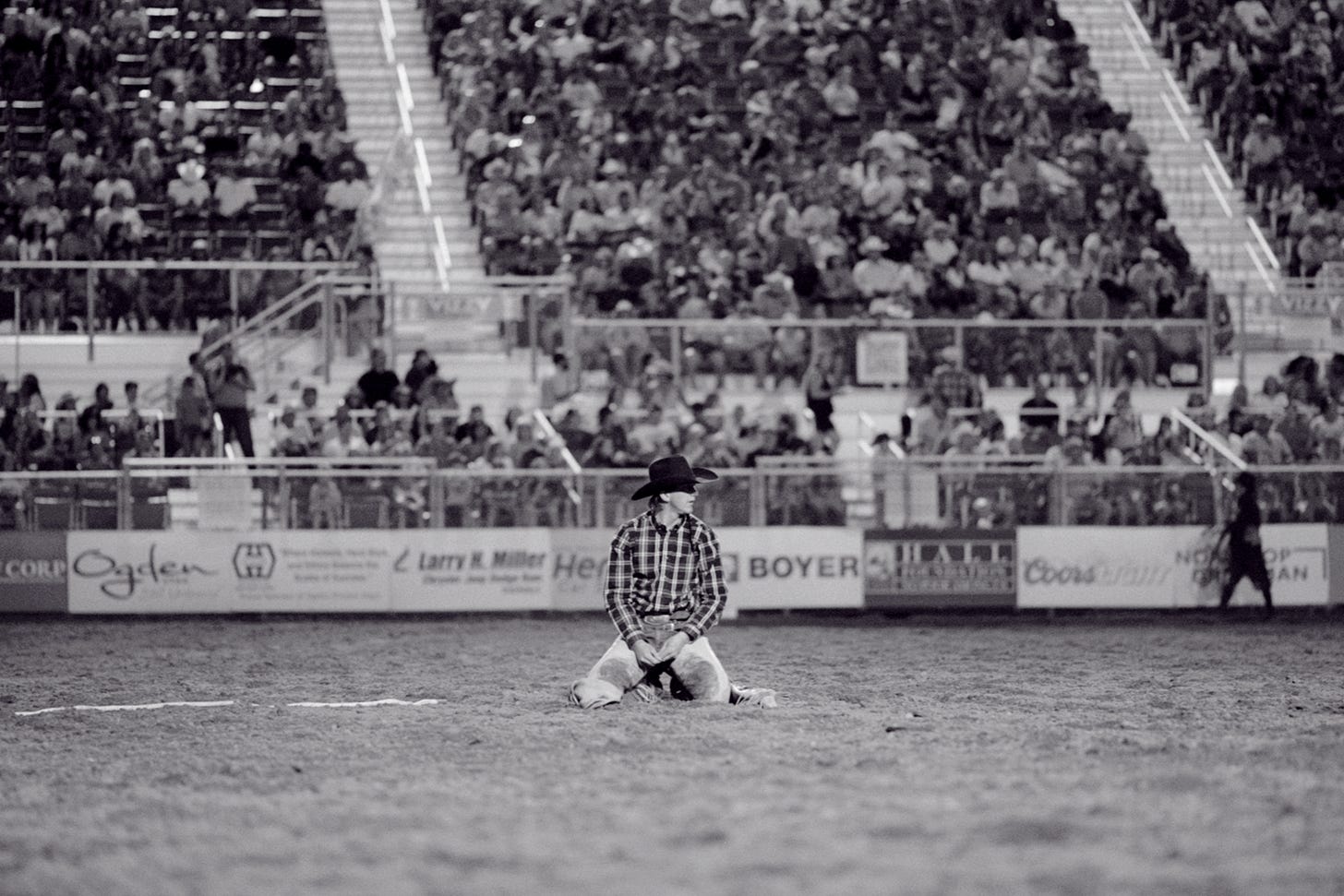What does it mean to be a pioneer? The LDS faith offers US national identity two very different meanings of pioneer: outcast become insider. In the nineteenth century, the LDS people became pioneers by expulsion from the USA. Like the Irish, Italians, and Catholics at the time, LDS pioneers were counted as non-whites, anti-patriots, just as America’s original sin of slavery boiled to overflowing in the Civil War—an evil at the heart of the East that often overshadowed the darknesses of pioneer settlement in the West.
But that understanding of pioneers as anti-patriots flipped as the mainstream LDS church set aside polygamy and entered its own period of reconstruction. No longer strange, unlawful occupiers of indigenous lands, the LDS pioneer reappeared a romanticized root of twentieth-century patriotism—a conveniently white and right settler ancestor, standing tall as a domesticator of the west and embodying a cherished can-do entrepreneurial spirit.
What pioneers will come to mean in the twenty-first century remains an open question: neither the fringe anti-state fundamentalists nor the majority of mainstream LDS members outside of the US have much use for such a twentieth-century patriot pioneer. But for those who live in lands where the pioneer spirit means much, may this day serve as a perennial reminder and call to empathy and understanding: those who face persecution today may appear heroes tomorrow, and question marks the day after.
Every 24th of July, Utah Mormons gather to celebrate Pioneer Day, a remembrance of the day in 1847 the early Saints arrived in the Salt Lake Valley. These photos by Alexander Laurent are documentation of the celebrations around the state each year.
Photography by Alexander Laurent
Benjamin Peters is a Wayfare Associate Editor. He is also a media scholar, author, and editor interested in Soviet century causes and consequences of the Information Age.







